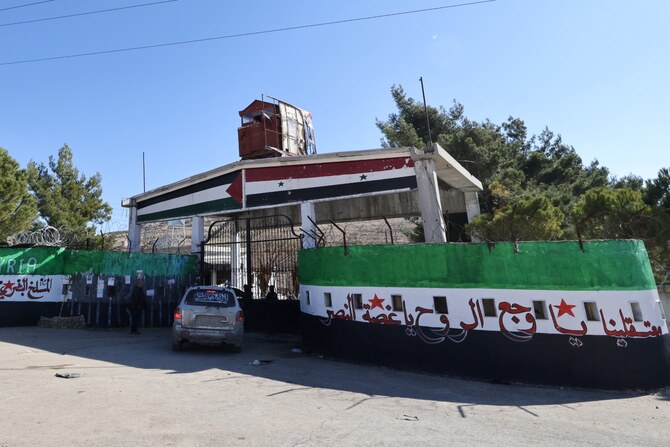AL-MUKALLA: Yemen’s internationally recognized government on Sunday began airlifting home hundreds of Yemenis stuck in Sudan.
The Yemeni government, and emergency committee, which oversees evacuation efforts in Sudan, announced that 179 Yemenis arrived in Aden, Yemen’s interim capital, on Sunday on the first of the direct flights from Port Sudan with national carrier Yemenia Airways.
Four Yemenia planes are scheduled to take 720 Yemenis from Port Sudan to Aden and Houthi-controlled Sanaa on Sunday and Monday, out of around 2,000 who urgently need to be evacuated from war-torn Sudan.
In a tweet, Yemen’s Information Minister Muammar Al-Eryani said: “Preparations are also being made to contract with an airline to perform more evacuation flights in addition to Yemenia Airlines.”
He added that Yemen’s government would cover the costs of the flights.
Since April 15, Sudan has been ravaged by fighting between the country’s army and the paramilitary Rapid Support Forces.
Thousands of foreigners, including Yemenis, are currently stranded in Sudan.
Almost 3,000 Yemenis have escaped the capital Khartoum and other cities to Port Sudan on the Red Sea, where they are reportedly living in appalling conditions without shelter, food, money, or medical care.
More than 860 Yemenis were carried by Saudi Arabia’s rescue ships from Port Sudan to Jeddah, from where they were bused to Yemen. Later, Yemenia evacuated 450 Yemenis from Jeddah to Aden.
Afif Al-Barashi, head of the students’ union, told Arab News that priority had been given to evacuating vulnerable individuals such as the ill, women, children, and elderly.
“The situation (in Port Sudan) is tragic and difficult, and people have exhausted their savings,” Al-Barashi said.
Yemeni government officials and diplomats at the Yemeni embassy in Sudan were unavailable for comment.
Meanwhile, in Yemen, the official SABA news agency reported that a Houthi sniper had on Saturday evening shot and killed a child in the besieged city of Taiz.
Ayedha Anwar Saeed, 15, died instantly after being shot in the head in the village of Al-Hunaini in the Maqbanah district.
Houthi snipers have killed dozens of children in Taiz in similar shootings since early 2015 when the Iran-backed militia began a siege of Yemen’s third-largest city after failing to take it from government forces and resistance fighters.
A UN-brokered truce, which came into force in April last year, did not result in the lifting of the Houthi siege or stop the group’s arbitrary shelling and attacks on residential neighborhoods in Taiz.
Locals in the central province of Al-Bayda said that the Houthis have released 32 of at least 40 villagers who were abducted last week for refusing to participate in Houthi summer programs.
Dozens of Houthis, supported by heavy military vehicles, stormed the village of Al-Khedar on Tuesday, kidnapping at least 40 tribesmen and looting their weapons and other possessions for refusing to allow their children to join militia camps.
At least one Houthi and one local tribesman were killed in the fighting that broke out as villagers attempted to repel the raid.
Houthi officials have not commented on the raid, but their supporters on social media have alleged that the forces were searching for wanted individuals.
Yemenis believe that Houthi summer programs are places where children are brainwashed and recruited.






















